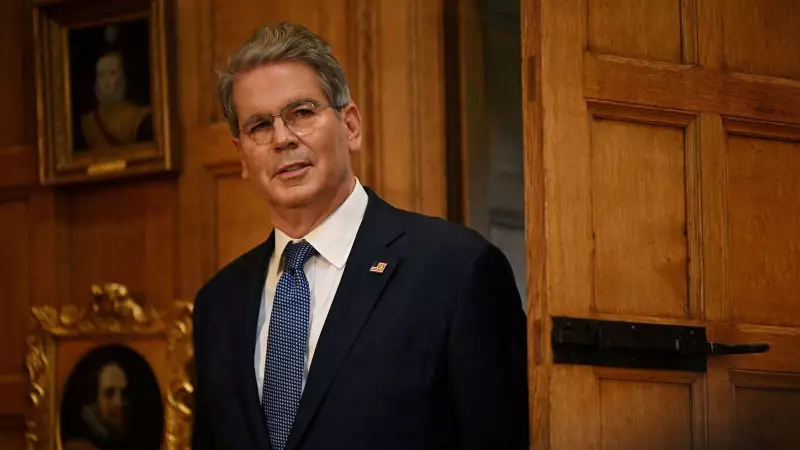
In a significant development that could reshape global trade dynamics, Scott Bessent, a key official at the US Treasury Department, has openly criticized China's recent decision to restrict exports of rare earth metals, labeling it as a "real mistake" that might ultimately work against Beijing's strategic interests.
The Growing Tensions Over Critical Minerals
The comments come amid escalating tensions between the world's two largest economies over control of critical minerals essential for modern technology. Rare earth elements, comprising 17 metals crucial for manufacturing everything from smartphones and electric vehicles to advanced military equipment, have become the latest flashpoint in the ongoing US-China trade relationship.
Why China's Move Could Backfire
According to Bessent, China's export curbs represent a miscalculation that could trigger unintended consequences:
- Accelerated diversification: Countries and companies worldwide would be compelled to rapidly develop alternative supply chains
- Technological innovation: The restrictions could spur increased investment in recycling technologies and synthetic alternatives
- Strategic partnerships: Nations might form new alliances to secure rare earth supplies outside Chinese control
Global Implications and Market Reactions
The US Treasury official's remarks highlight Washington's growing concern about supply chain security for materials vital to national security and economic competitiveness. With China currently dominating approximately 80-90% of global rare earth processing capacity, the export restrictions have raised alarms across international markets and manufacturing sectors.
Industry analysts suggest that while China's move might provide short-term leverage, it could ultimately undermine its position as the world's preferred supplier of these critical materials. The development has already prompted renewed interest in rare earth mining projects from Australia to Africa and North America.
The Road Ahead for Global Supply Chains
As the situation evolves, experts predict several potential outcomes:
- Increased investment in rare earth mining projects outside China
- Development of more efficient recycling technologies for rare earth elements
- Formation of strategic mineral alliances among like-minded nations
- Accelerated research into alternative materials that could replace rare earth elements
The US Treasury's public criticism signals that Washington is prepared to confront China's dominance in this critical sector head-on, potentially marking a new chapter in the complex economic relationship between the two superpowers.





